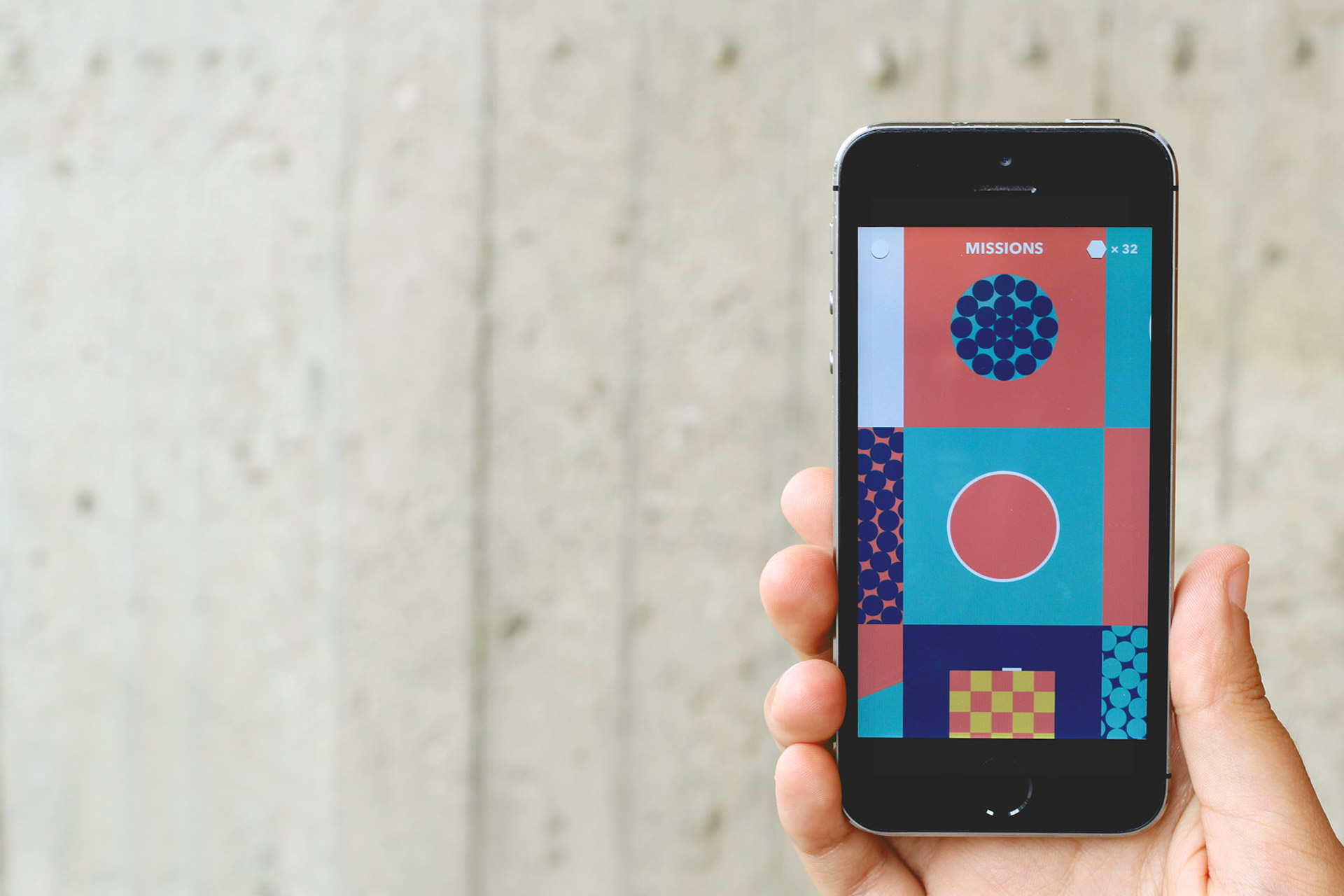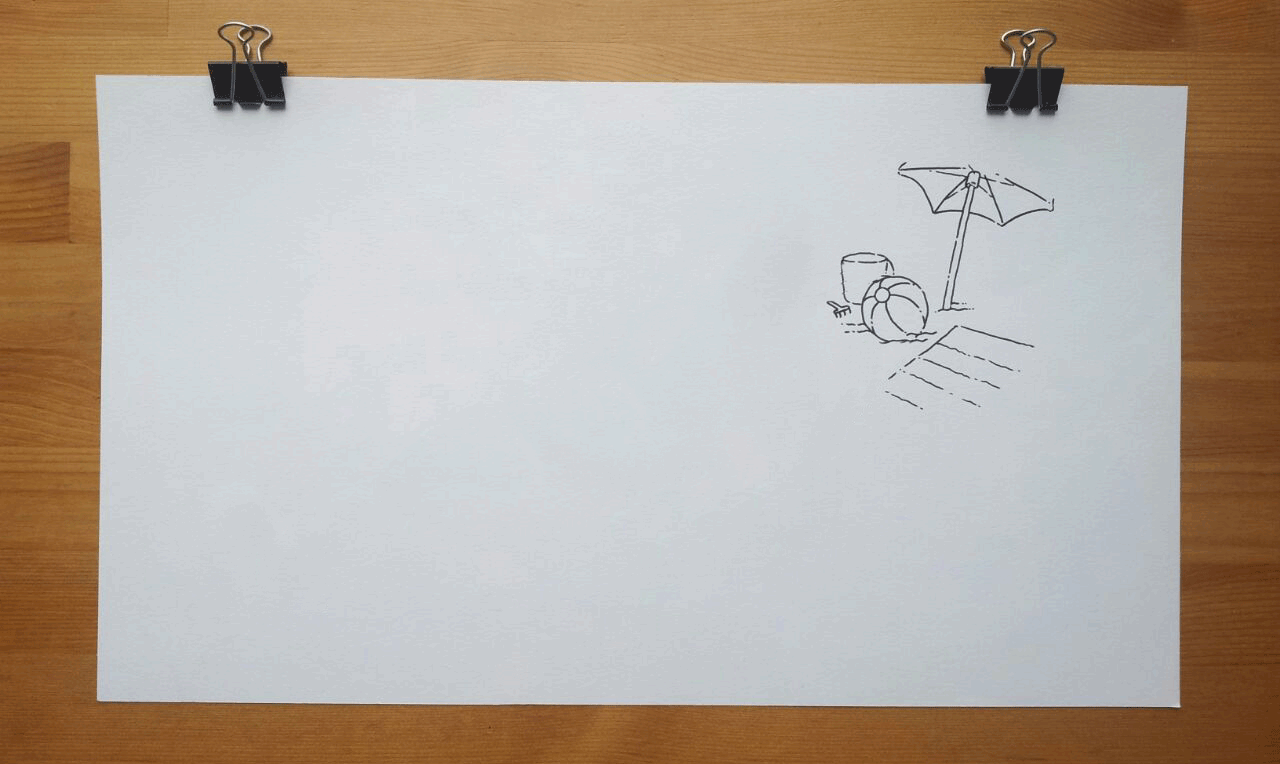


I made a game that made people around the world look to find... "round things"! A man working on an oil rig in the ocean found it in a porthole, a woman in New York found the perfect screw in the hall of the subway, and others found round shapes in unexpected places such as the circular ripples in a pond, or the shape of bodyparts like eyes and the occasional... nipples.

With Cucalu, you look for circular-, square- and triangular shaped objects in your environment. You start with round things. Once you’ve found one, you hold Cucalu in front of it and a picture is taken. Other players will see what and where you’ve captured thát round thing. Similarly, you get to see the creative perspectives of others, helping to sharpen your own observational skills.

Within philosophy, there is a theory known as phenomenology, which is the study of objectivity and reality. It suggests that all interpretations of the world rely on an individual's unique viewpoint. I find this idea incredibly exciting. The concept questions the existence of an objective reality and underscores how our personal minds shape our understanding of the world. As we explore new perspectives, we become exposed to various ways of interpreting and making sense of our surroundings.
However, instead of exploring, we (of course not me) tend to check our screens whenever we've got a spare moment, prioritising passive consumption over active exploration. As a result, the genuine sense of discovering new perspectives seems to be getting more and more distant.
Inspired by this I came up with the idea for Cucalu, and I immediately felt excited to bring this paradox to life by using the very device that often keeps us from exploring our environment. By utilizing a frequently overlooked aspect (shapes), we can turn the world into game levels, inspiring people to actively explorer and play with their surroundings.

Each mission in Cucalu adds a unique challenge: sometimes a clock is ticking, while other times you are required to explore and find round objects within a 250-meter radius, prompting you to re-examine your immediate surroundings. In one of the most difficult levels, you're challenged to physically travel, as your mission can only be completed by finding four round objects that are at least 500 kilometers apart from one another.
While circular objects can often be easily found, square- and triangular objects can be "created" by players who adjust their perspective, transforming ordinary items into the desired shapes. In Cucalu it's not about appreciating traditional aesthetics, but rather about training your mind to see the world from new and unconventional viewpoints.
I collaborated with a team of developers to bring my idea to life. We were fortunate to receive a grant from the Stimuleringsfonds Creatieve Industrie, which helped propel our efforts forward. For over a year, I balanced fine-tuning intricate details while guiding the highly skilled developers throughout the entire process. Our efforts paid off...

Upon launch, prominent media outlets like Wired, Die Zeit and many others featured Cucalu, attracting a worldwide audience who have since relished exploring the world of Cucalu. A small selection:
“Cucalu is not an easy game, or even a game in the traditional sense of the word. The goal of Cucalu isn’t to stack candy, or fight off demons, but rather to uncover interesting settings, objects, and people.
“Ich sehe was, was du nicht siehst ist ein beliebtes Kinderspiel. Cucalu des niederländischen Künstlers Daniel Disselkoen bringt das Prinzip auf die Smartphones.
“Cucalu nodigt uit om met nieuwe verwondering naar de oude, analoge wereld rondom ons te kijken. Nooit gedacht dat speuren naar cirkels, vierkanten en driehoeken zo verslavend kon zijn..